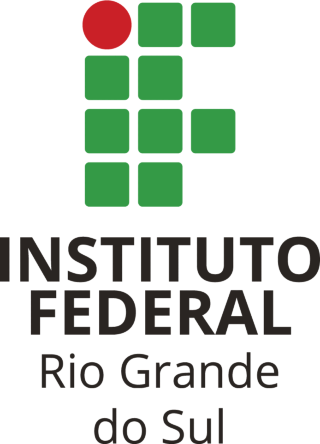Que horas ela volta?: Desigualdades no acesso ao ensino superior
| Title: | Que horas ela volta?: Desigualdades no acesso ao ensino superior |
| Author: | Rigoni, Priscila |
| Abstract: |
Tendo em vista que o cinema é uma ferramenta que pode ser utilizada no espaço acadêmico como forma de estimular o pensamento crítico, bem como de aprimorar o olhar, este trabalho tem como objetivo principal analisar as relações que existem entre o filme Que horas ela volta? (Muylaert, 2015), e a área de políticas públicas em educação de acesso e de permanência no ensino superior, além de propor um material didático para abordar essa temática em aula. Este filme narra a história de Jéssica, uma jovem filha de uma empregada doméstica, a qual quer prestar vestibular para o curso de Arquitetura na Faculdade de Arquitetura e Urbanismo da Universidade de São Paulo – FAU. Assim, esta pesquisa qualitativa documental se baseia na Análise do Filme, fundamentada pelos autores Jacques Aumont e Michel Marie (1993), para desenvolver a coleta e a análise dos dados. De maneira que para a elaboração do material didático é utilizado o conceito de Design Thinking. Portanto, analisar este filme é relevante, pois coloca em pauta temas caros para o Brasil atual promovendo reflexões sobre o funcionamento das relações sociais, das suas hierarquias e dos preconceitos, as quais se entrelaçam às questões de acesso ao ensino superior. Cinema is a tool that can be used in the academic space as a way to stimulate critical thinking. Therefore, this work has as main objective to analyze the relations that exist between the film Que hora ela volta? (Muylaert, 2015), and the public policies of access and permanency in higher education, in addition to that proposes didactic material to address this topic in the classroom. This film tells the story of Jessica, a young daughter of a maid, who wants to take the entrance exam for the Architecture course at the Faculty of Architecture and Urbanism of the University of São Paulo – FAU. Thus, this documentary qualitative research collection and data analysis is based on Film Analysis, based on the authors Jacques Aumont and Michel Marie (1993). So that for the Design Thinking was used for the elaboration of the didactic material. The analysis of this film raises issues that are extremely relevant to Brazil today, promoting reflections on the functioning of social relations, their hierarchies and prejudices, which are intertwined with issues of access to higher education. |
| URI: | https://dspace.ifrs.edu.br/xmlui/handle/123456789/786 |
| Date: | 2022 |
Files in this item
| Files | Size | Format | View | Description |
|---|---|---|---|---|
| 123456789786.pdf | 19.54Mb |
View/ |
Texto completo |



